Earth Day 2021 | University of Southampton
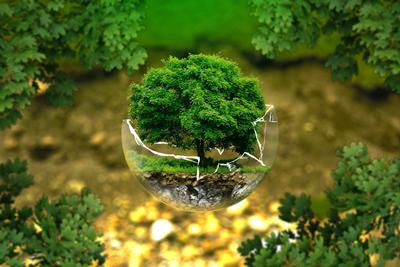
It’s 51 years since the first Earth Day on 22 April, 1970 – a day to raise awareness of our unique environment.
Over 1 billion people in more than 190 countries around the globe expected to engage in climate action this year as part of Earth Day which originated in the US as a response to the increasing use of fossil fuels and emerging science on the damage those were doing to our environment – and we’re still learning over half a century later.
The theme for Earth Day 2021 is 'Restore Our Earth', which focuses on natural processes, emerging green technologies, and innovative thinking that can restore the world's ecosystems.
Researchers at the University of Southampton, and their collaborators and partners around the world, are amongst those working tirelessly to advance our knowledge of the world around us and share their expertise on how to better preserve and protect it. Here are just some of the many projects they're working on - just from research published so far in 2021.
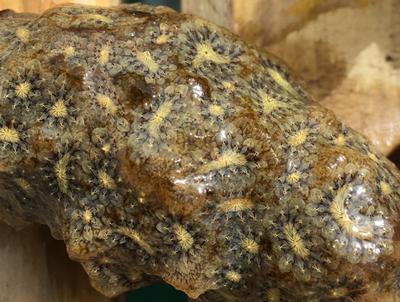
Scientists at the University of Southampton have conducted a study that highlights the importance of studying a full range of organisms when measuring the impact of environmental change – from tiny bacteria, to mighty whales.
“Typically, biodiversity and biogeography studies focus on one group of species at a time, often animals. Studying animals, protist and bacteria together – organisms vastly different in size, separated by billions of years of evolution – gave us the opportunity to take a broader view of the marine ecosystem. We discovered remarkably consistent biogeographic groupings for the three across the coastline – consistent with previously studied patterns, driven by regional currents.”
- Luke Holman is Lead researcher and postgraduate student at the University of Southampton
Discovering a geological phenomenon causing a widening of the Atlantic Ocean
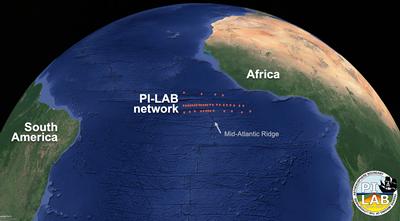
A team of seismologists led by the University of Southampton have discovered an upsurge of matter from deep beneath the Earth’s crust could be pushing the continents of North and South America further apart from Europe and Africa.
“This was completely unexpected. It has broad implications for our understanding of Earth’s evolution and habitability. It also demonstrates how crucial it is to gather new data from the oceans. There is so much more to explore!”
- Dr Kate Rychert is Associate Professor in Geophysics in Ocean and Earth Science at the University of Southampton
Innovating analysis techniques to prove whale sharks have regeneration capacity
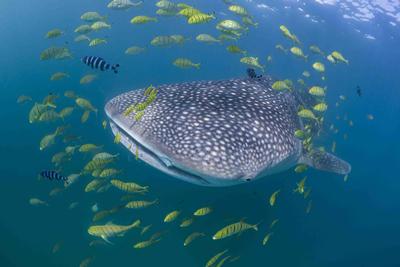
A new study has for the first time explored the extraordinary rate at which the world’s largest fish, the endangered whale shark, can recover from its injuries. The findings reveal that lacerations and abrasions, increasingly caused through collisions with boats, can heal in a matter of weeks and researchers found evidence of partially removed dorsal fins re-growing.
“We wanted to determine if there was a way of quantifying what many researchers were anecdotally witnessing in the field, and so we came up with a technique of monitoring and analysing injuries over time. By using our new method, we were able to determine that these sharks can heal from very serious injuries in timeframes of weeks and months. This means that we now have a better understanding of injury and healing dynamics, which can be very important for conservation management.”
- Lead author Freya Womersley, is a PhD student with University of Southampton based at the Marine Biological Association, UK
Uncovering the secret of the Galápagos’ rich ecosystem

Scientists from the University of Southampton, National Oceanography Centre and Universidad San Francisco de Quito in Ecuador used a realistic, high-resolution computer model to study the regional ocean circulation around the Galápagos Islands and have finally unlocked the mystery of how the Galápagos Islands - a rocky, volcanic outcrop, with only modest rainfall and vegetation - is able to sustain its unique wildlife habitats.
“Our findings show that Galápagos upwelling is controlled by highly localised atmosphere-ocean interactions. There now needs to be a focus on these processes when monitoring how the islands’ ecosystem is changing, and in mitigating the ecosystem’s vulnerability to 21st century climate change.”
- Dr Alexander Forryan is Research Fellow within Ocean and Earth Science, National Oceanography Centre Southampton at the University of Southampton
Calculating the extent fish poo helps remove carbon from the atmosphere
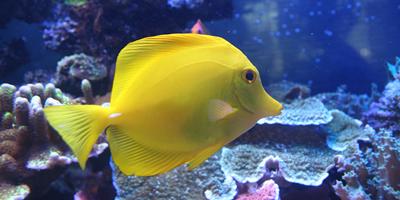
A team of scientists at Rutgers University and Southampton have amalgamated their existing knowledge to estimate that carbon in feces, respiration, and other excretions from fishes make up about 16% of the total carbon that sinks below the ocean’s upper layers, removing 1.65 billion tons of carbon from the atmosphere.
“Marine fishes can capture carbon through feeding and then export that carbon to the deep ocean as they excrete. Understanding just how much carbon is pooed into the deep ocean by fishes is challenging, however. Scientists argue about the number of fishes present in the world’s ocean, exactly where they live, how much they eat, and how much, and where, they poo.”
- Dr Clive Trueman is Associate Professor in Marine Ecology at the University of Southampton
Analysising the economic benefits of protecting nature over exploiting it

A collaborative research team including the University of Cambridge, the Royal Society for the Protection of Birds (RSPB), and the University of Southampton, analysed dozens of sites across six continents in the largest-ever study comparing the value of protecting nature at particular locations with that of exploiting it and found the economic benefits of conserving or restoring natural sites outweigh the profit potential of converting them for intensive human use.
“People mainly exploit nature to derive financial benefits. Yet in almost half of the cases we studied, human-induced exploitation subtracted rather than increased economic value.”
- Study co-author Dr Kelvin Peh is Lecturer in Conservation Science and Principal Investigator Conservation Ecology and Ecosystem Services from the University of Southampton's School of Biological Sciences
Supporting studies investigating lushness in drylands as global temperatures climb
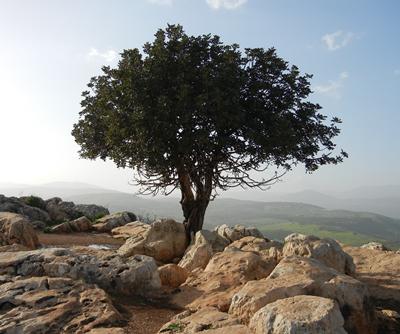
An international team of scientists are examining global dryland aridity changes with evidence from a comprehensive range of literature, Earth observations and numerical modeling to discover how plants have adapted to global warming to thrive in the drylands of the world.
“The impacts of climate change on drylands are often perceived to be one way, with changes in the atmosphere driving changes in vegetation. This research reveals the complexity of the two-way interactions between the land and the atmosphere, and the key role that plant physiology plays in adapting to drier conditions.”
- Justin Sheffield is Professor of Hydrology and Remote Sensing at the University of Southampton